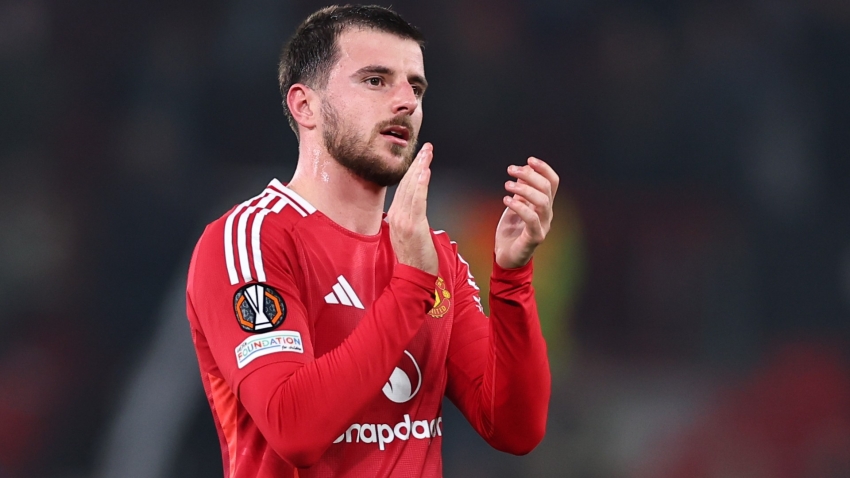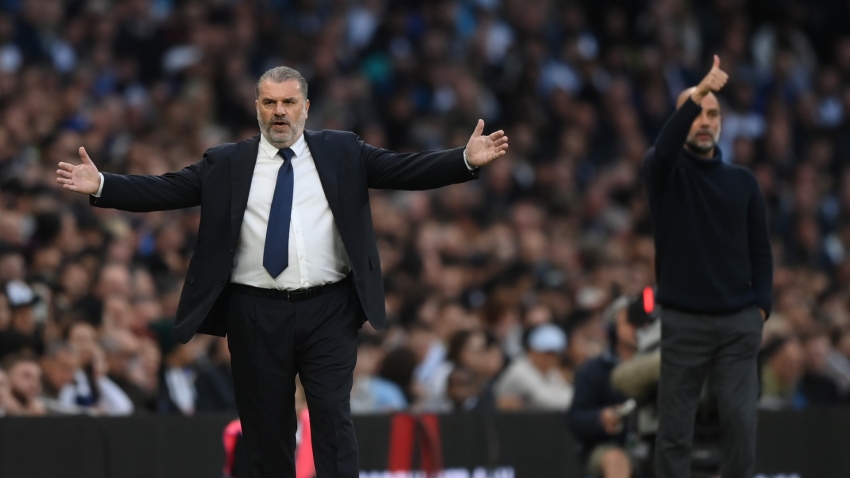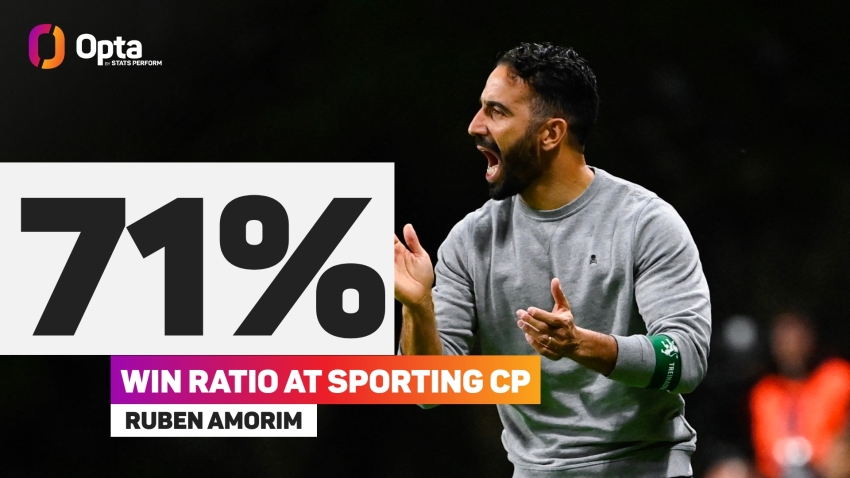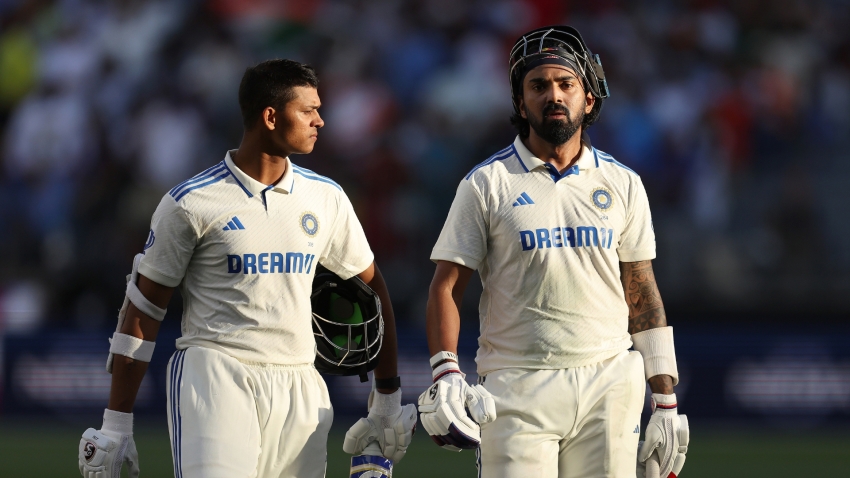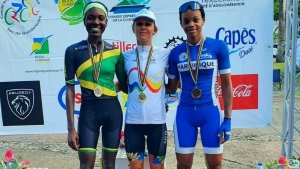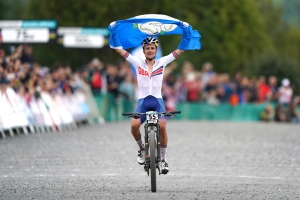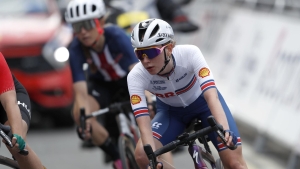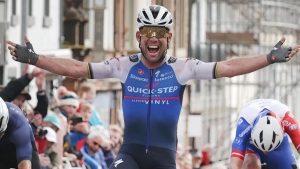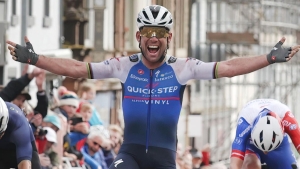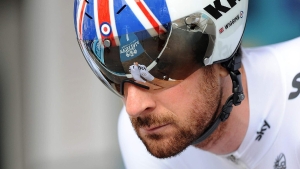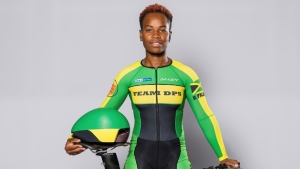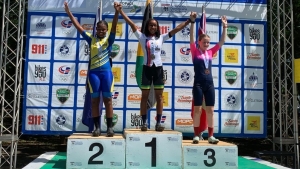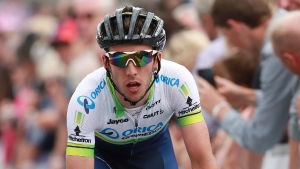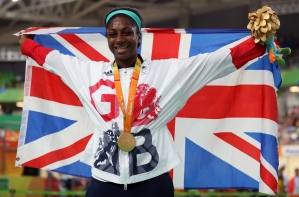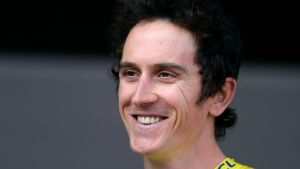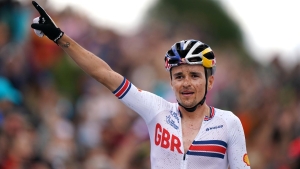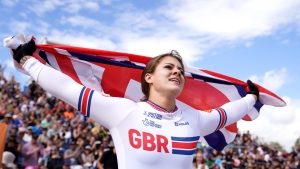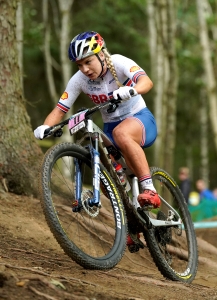Mark Cavendish will postpone his retirement plans to race on in 2024 and target a record-breaking 35th Tour de France stage win.
The Manxman confirmed the long-rumoured news in a short video on Wednesday morning, saying, “Just one more year, hey?”
The 38-year-old had announced during the Giro d’Italia in May that he intended to end his glittering career this winter, and went into this summer’s Tour seeking the stage win that would move him clear of Eddy Merckx after he equalled the Belgian on 34 stage wins in 2021.
View this post on Instagram
A post shared by Astana Qazaqstan Team (@astanaqazaqstanteam)
But a day after coming just a few metres short of victory in Bordeaux, hampered by a mechanical issue in the finale, Cavendish crashed on stage eight and suffered a broken collarbone, ending his race.
Speculation that he might race on has swirled ever since, fuelled by his Astana-Qazaqstan team boss Alexander Vinokourov saying he was eager to retain the Manxman’s services for another season.
On Wednesday the team issued a social media post showing video clips of Cavendish at the Tour and saying “It’s not over yet”.
Cavendish then followed it with a short video in which he said he had been persuaded to race on by his family.
“I was ready, I was at peace but the more I’ve ridden this summer, I just love riding my bike,” Cavendish said. “I’ve spoken to the kids, ‘What should Dad do?’ And it was, ‘Carry on, it’s not a question’, so here we are. Just one more year, hey?”
Cavendish said the support of his team had also helped him make the decision.
“I’d guessed that was me done this year, I’d announced my retirement and I was looking forward to not having to get up and train in any weather conditions and not be away from home, spend time with the kids,” he said.
“Ultimately I’d miss racing, I love racing but I was happy, I was in a happy place and I knew I could go out on top. Obviously it wasn’t the finish I was hoping for, crashing at the Tour but it is what it is.
“We’d grown incredibly as a team, Astana-Qazaqstan this year and it felt like a family, so much so that the first thing Vino (Vinokourov) said to me when I crashed in France was, ‘Why don’t you do one more year?'”
Cavendish has not raced since his crash at the Tour as he recovered from surgery to repair his collarbone, but is expected to line up at the Tour of Turkey which starts on October 8.
Cavendish joined the Astana team in 2023 after a planned move to B&B Hotels collapsed, and took victory on the final stage of the Giro d’Italia in May, days after announcing his retirement plans.
Although he had previously stayed quiet on his future plans, the Astana team had continued to build a lead-out train to support his sprinting ambitions, signing Max Kanter and Davide Ballerini. They have also been linked with Michael Morkov, who helped Cavendish win four stages of the Tour in 2021.
That was the year that Cavendish defied the odds to move level with Merckx’s record, having only joined what was then the Deceuninck-QuickStep team on a short-term minimum salary deal after being left without a contract going into the season, fearing his career was over.
But when an injury to Sam Bennett ruled the Irishman out of the Tour, Cavendish seized the chance to roll back the years with a remarkable sporting comeback, winning stages four, six, 10 and 13.
They were his first stage wins at the Tour since 2016, and completed a long comeback from a battle with the Epstein-Barr virus and a subsequent diagnosis of clinical depression.









